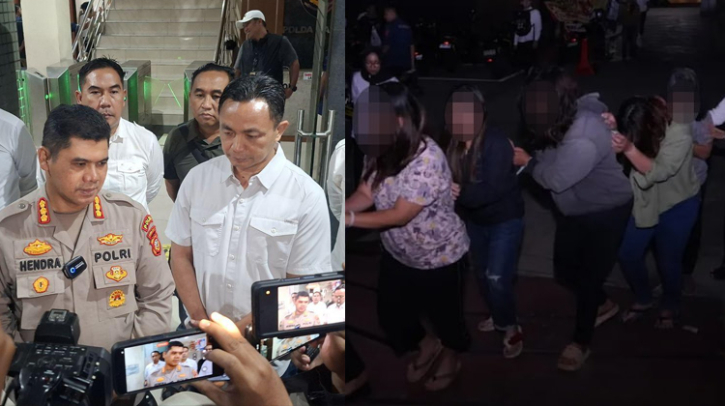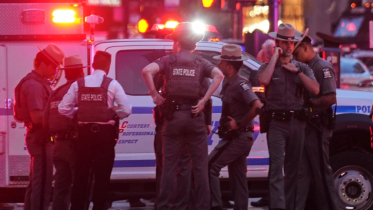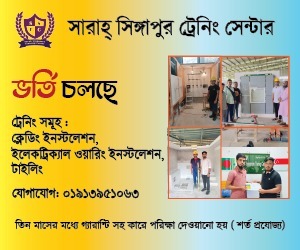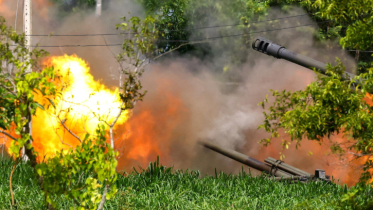Indonesian Authorities Dismantle International Baby Trafficking Syndicate Involving Sales to Singapore

Published : 15:29, 18 July 2025
Indonesian law enforcement has dismantled a transnational baby trafficking network allegedly responsible for the illicit sale of at least 25 infants, primarily to buyers based in Singapore. According to police reports, 13 individuals were apprehended this week in coordinated operations across Pontianak and Tangerang, leading to the rescue of six infants—each approximately one year old—who were on the verge of being trafficked.
West Java Police’s Director of General Criminal Investigation, Surawan, stated that the infants were initially transported to Pontianak, where counterfeit immigration documentation was prepared to facilitate their illegal transfer to Singapore. The syndicate targeted vulnerable mothers, including those unwilling or unable to raise their children, by initially contacting them on social media platforms like Facebook before transitioning to private messaging services such as WhatsApp.
Disturbingly, some infants were "reserved" while still in utero. Following delivery, medical expenses were covered by the traffickers, and monetary compensation was offered to the mothers in exchange for relinquishing their newborns. The criminal network reportedly consisted of recruiters, caregivers, and document forgers who operated systematically to house and transport the children, as well as to fabricate civil documents including passports and family records.
Each infant was sold for between 11 million and 16 million Indonesian rupiah (approximately USD $673 to $980), and the group is suspected of trafficking 25 children—12 boys and 13 girls—both domestically and internationally. Most of the victims originated from West Java province.
Authorities are currently focusing on tracing the adoptive recipients in Singapore. Surawan emphasized that investigators are cross-referencing emigration records and documentation to identify the individuals who received the children, including when and how the infants were transported.
Preliminary findings suggest that many of the trafficked infants have had their nationalities changed, further complicating recovery efforts. According to Surawan, the biological parents were not coerced but instead entered into agreements with traffickers, often due to financial duress. Nonetheless, these parents may still face legal consequences for violating child protection and anti-trafficking statutes.
The Indonesian police have sought cooperation from Interpol and Singaporean authorities to pursue syndicate members operating abroad. Efforts are underway to issue international arrest warrants for those involved.
Ai Rahmayanti, a commissioner with Indonesia’s Child Protection Commission (KPAI), noted that such trafficking operations typically exploit women in precarious circumstances, including survivors of sexual violence, abandoned spouses, or women with unplanned pregnancies. With abortion access legally restricted in Indonesia, many women are coerced into relinquishing their infants under the pretense of compassionate support offered by fake clinics and orphanages.
KPAI reports a sharp rise in child trafficking disguised as illegal adoption. While 11 cases were reported in 2020, this figure rose to 59 in 2023. The monetary value of trafficked babies varies by region, with prices in Java ranging from Rp11 million to Rp15 million, and in Bali reaching as high as Rp26 million. Physical appearance reportedly influences pricing.
Authorities continue to investigate and dismantle what appears to be a persistent and evolving threat to child safety in Indonesia.
Source:
BBC News, Al Jazeera











